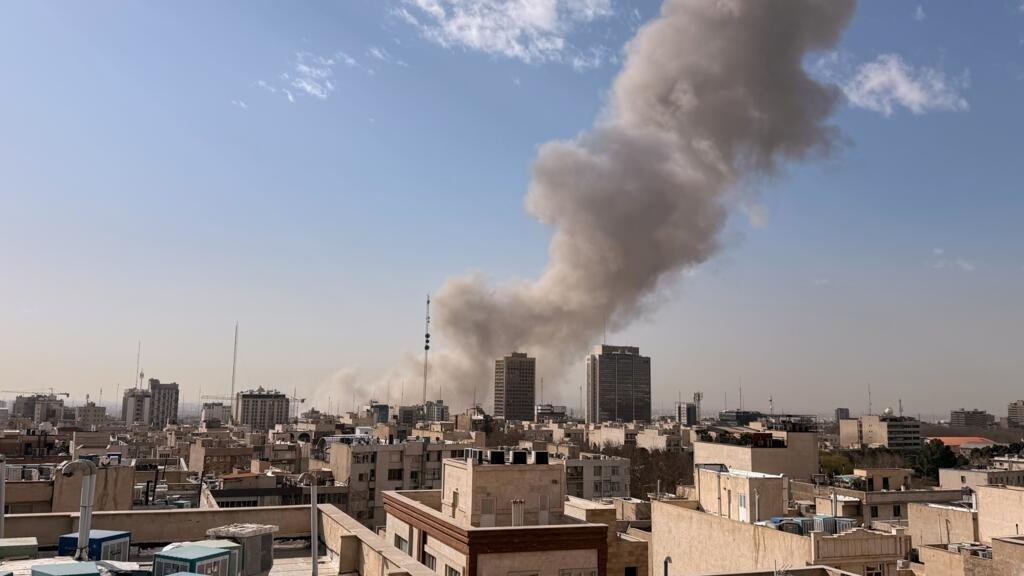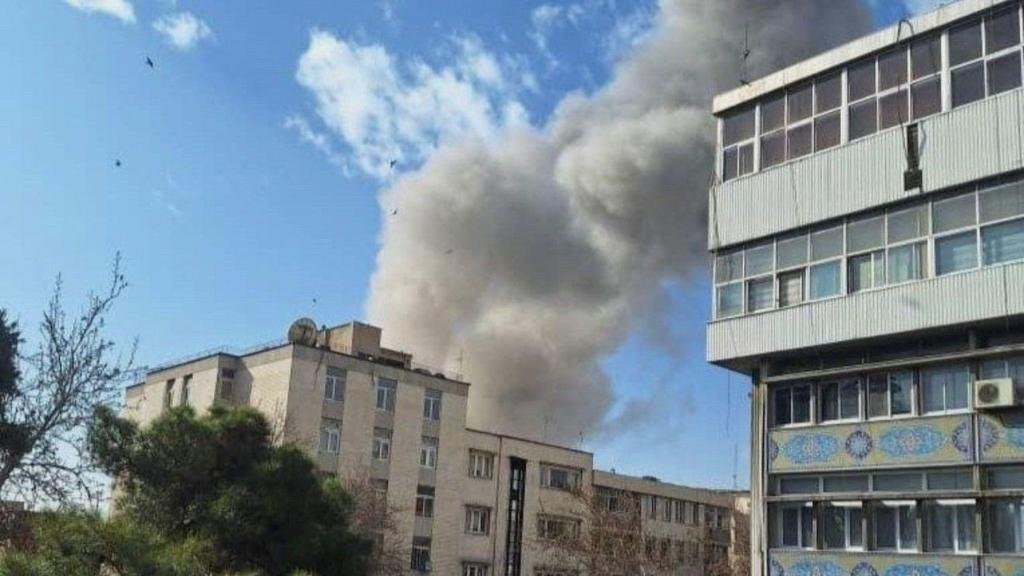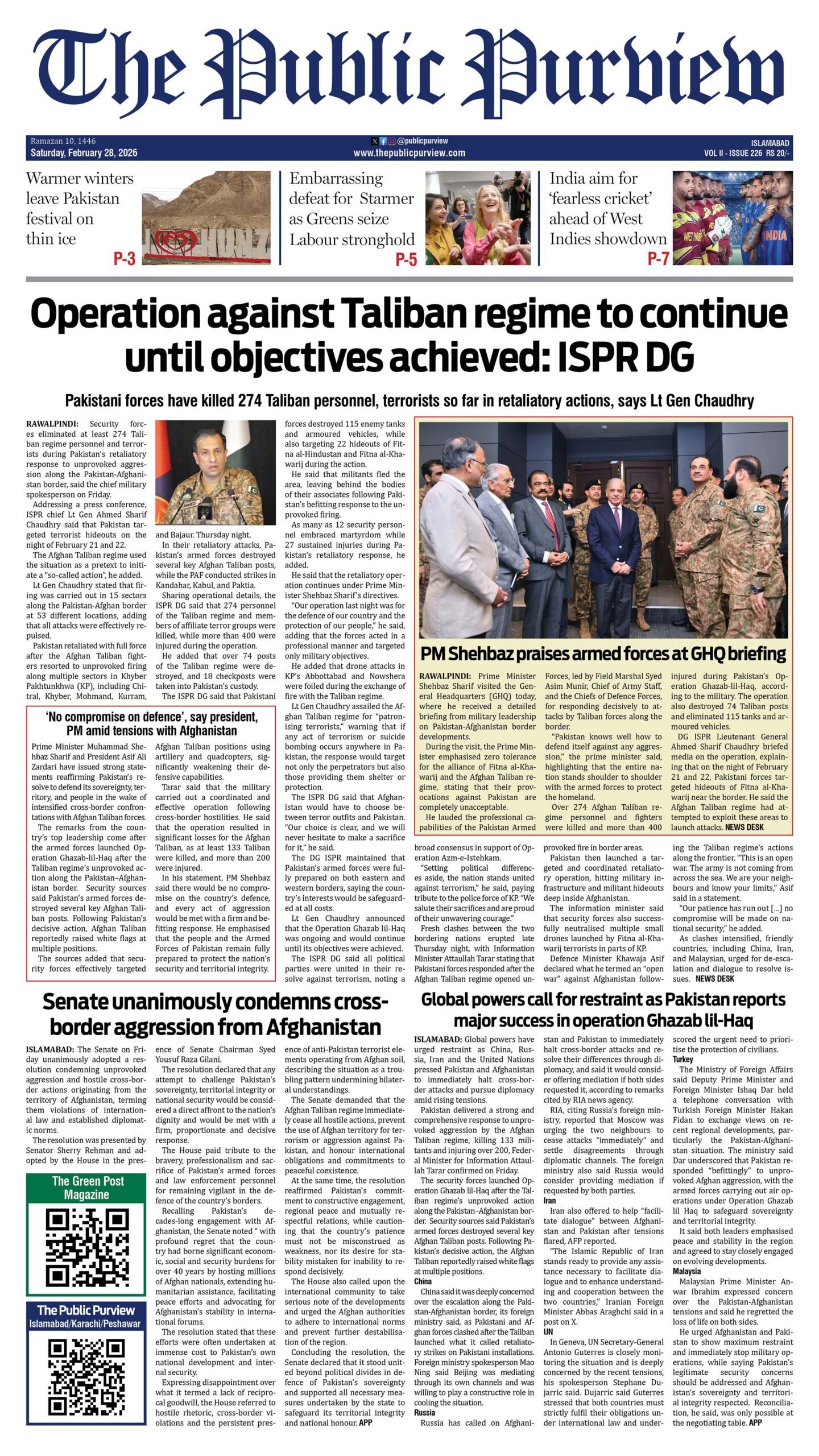Islamabad — Pakistan has expressed serious concern over reports suggesting growing cooperation between India and the Taliban regime in Afghanistan to build dams on shared rivers, a move that could threaten Pakistan’s water security.
According to a report published by India Today on 24 October 2025, India has reportedly offered the Taliban regime financial assistance worth USD 1 billion to develop several dam projects, including Naghlu, Darunta, Shahtoot, Shah Varus, Gambirri, and Baghdara. Analysts warn that these developments could impact the flow of the Kabul and Kunar Rivers, both vital sources of water for Pakistan’s northwestern provinces.
Following the Afghan foreign minister’s recent visit to India, concerns have intensified in Islamabad that New Delhi may be pursuing a policy of “using water as a political weapon” to exert pressure on Pakistan. Experts say that such a move would mark a new phase in what they describe as India’s “water diplomacy” in the region.
India has already suspended cooperation under the Indus Waters Treaty and, according to Pakistani officials, violated international water-sharing norms. Islamabad now fears that India’s collaboration with Afghanistan on the Kabul River basin could further strain regional stability.
Pakistan receives around 16.5 million acre-feet (MAF) of water annually from the Kabul River, which sustains key crops such as wheat, maize, and sugarcane in Peshawar, Charsadda, and Nowshera districts. Any disruption, experts warn, could have far-reaching consequences for Pakistan’s agriculture, food security, and economy.
Water and legal experts in Pakistan emphasize that the country maintains a firm stance against any form of water aggression. They confirm that Islamabad is reviewing a comprehensive defensive strategy to safeguard its interests, with the proposed Chitral River Diversion Project being a central component.
Under this plan, the Chitral River would be diverted toward the Swat basin before entering Afghanistan — a project expected to produce 2,453 megawatts of renewable energy, expand cultivable land, mitigate flooding, and increase reserves of the Warsak and Mohmand dams. Officials maintain that this initiative would remain fully within Pakistan’s territorial and legal rights under international law.
Pakistan’s leadership and public opinion appear united on the issue, viewing any attempt to manipulate water resources through Afghan territory as a direct threat to national sovereignty. “Water is the lifeline of Pakistan’s security, agriculture, and economy — and no country can be allowed to use it as leverage,” a senior official said.







 Today's E-Paper
Today's E-Paper